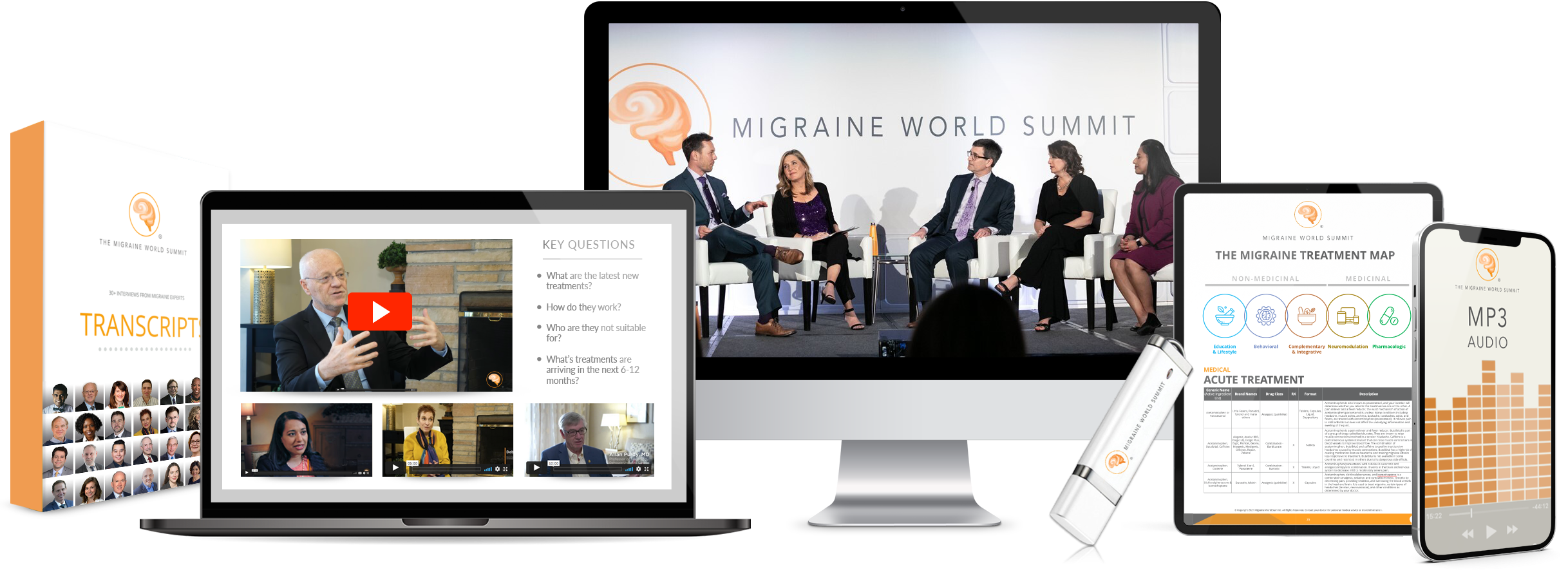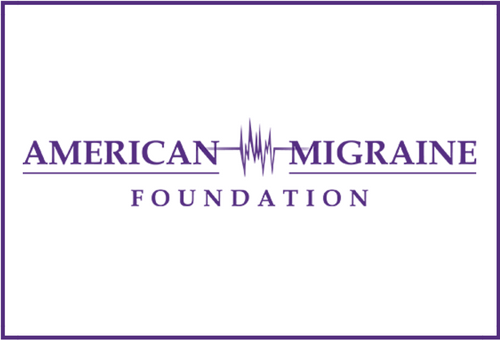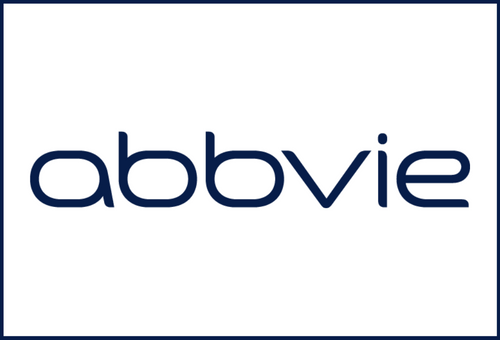Menopause, Perimenopause & Migraine
You are currently watching a preview of this interview. Unlock the full version by upgrading to an Access Pass bundle! Get FREE access to 8 expert interviews from Day 1 and Day 2 when you register today!
Key Questions
- What is the difference between perimenopause and menopause?
- What changes to their migraine patterns can women expect during menopause?
- Can migraine occur for the first time during perimenopause or menopause?
- How does a migraine attack change during perimenopause and menopause?
- When is it appropriate for someone to return to their doctor to reassess their treatment plan?
- What medications and other treatment options can be used during perimenopause or menopause?
- What lifestyle changes can reduce the frequency and severity of migraine during perimenopause and menopause?
- How important is it to get your hormones tested?
- Could the use of birth control pills or other contraceptive methods that reduce the frequency of menstrual cycles have a positive impact on migraine?
- Are there any predictors of whether someone is likely to experience a decrease in attack frequency after menopause?
Interview Notes
- Christine Lay, MD
- Women’s College Hospital
- Canadian Headache Society
- American Migraine Foundation
- American Headache Society
- Headache Impact Test (HIT-6)
- Study: “Sex hormones & calcitonin gene-related peptide in women with migraine”
- Study: “The complex relationship between estrogen and migraines: A scoping review”
- Article: “The Traffic Light of Headache”
Treatments Mentioned
- CGRP small-molecule receptor antagonists (gepants)
- Gabapentin
- Hormone replacement therapy (HRT)
- Monophasic birth control
- Neuromodulation therapy
- NSAIDs
- Oral contraceptives
- Triptans
- Venlafaxine (Effexor)
Please note: The Migraine World Summit’s aim is to bring you a variety of perspectives and expertise, independent of bias or judgment. Alternative theories presented in this video have not been medically reviewed. Views expressed in this interview do not necessarily represent the views of the Migraine World Summit. Please always consult your health care professional and do your own research before making changes to your treatment plan.

Christine Lay, MD, FAHS
Professor of Neurology, Deborah Ivy Christiani Brill Chair
University of Toronto
Dr. Christine Lay is a professor of neurology and the founding director of the headache program at the University of Toronto, where she holds the Deborah Ivy Christiani Brill chair for neurology research. She completed her residency at the Mayo Clinic and her headache fellowship at Albert Einstein College of Medicine in New York.
In addition to directing and growing the headache program at the University of Toronto and heading a very busy patient practice, she is actively involved in research and teaching. She directs the Canadian Headache Society fellowship program in Toronto; she is actively engaged in advocacy and education, serving as the chair of the American Migraine Foundation; and she is a board member of the American Headache Society and the Canadian Headache Society.

Get all the 2025 interviews, videos, audio, transcripts, and more. Why upgrade?
- Can’t attend live? Watch anytime
- Prefer reading or listening? Get transcripts and audio
- Want to dive deeper? Explore the additional footage & resources
- Need ongoing support? Reference expert advice year-round
- Lifetime access to 2025, no annual fee
Related Talks for: Day 2 (2024)
Migraine Biochemistry: CGRP & Beyond
Peter Goadsby, MD, PhD, FRS
How Much Is Too Much Excedrin Migraine?
Paul G. Mathew, MD, DNBPAS, FAAN, FAHS
The Gut Factor: Exploring the Role of Digestive Health in Migraine
Vince Martin, MD, AQH
The American Migraine Foundation (AMF) is a non-profit organization dedicated to the advancement of research and awareness surrounding migraine, a disabling condition that impacts more than 37 million men, women and children in the United States. The AMF was founded in 2010 to provide global access to information and resources for individuals with migraine as well as their family and friends.
At AbbVie, we are committed to empowering people living with migraine disease. We advance science that enables health care providers to care for people impacted across the spectrum of migraine. Through education and partnerships with the migraine community, we strive to help those with migraine navigate barriers to care, access effective treatments and reduce the impact of migraine on their lives. To learn more, visit AbbVie.com.

Noticing new symptoms? Struggling with Chronic Migraine? Need hope? Try these Learning Tracks to more to get the most out of your Summit experience.







